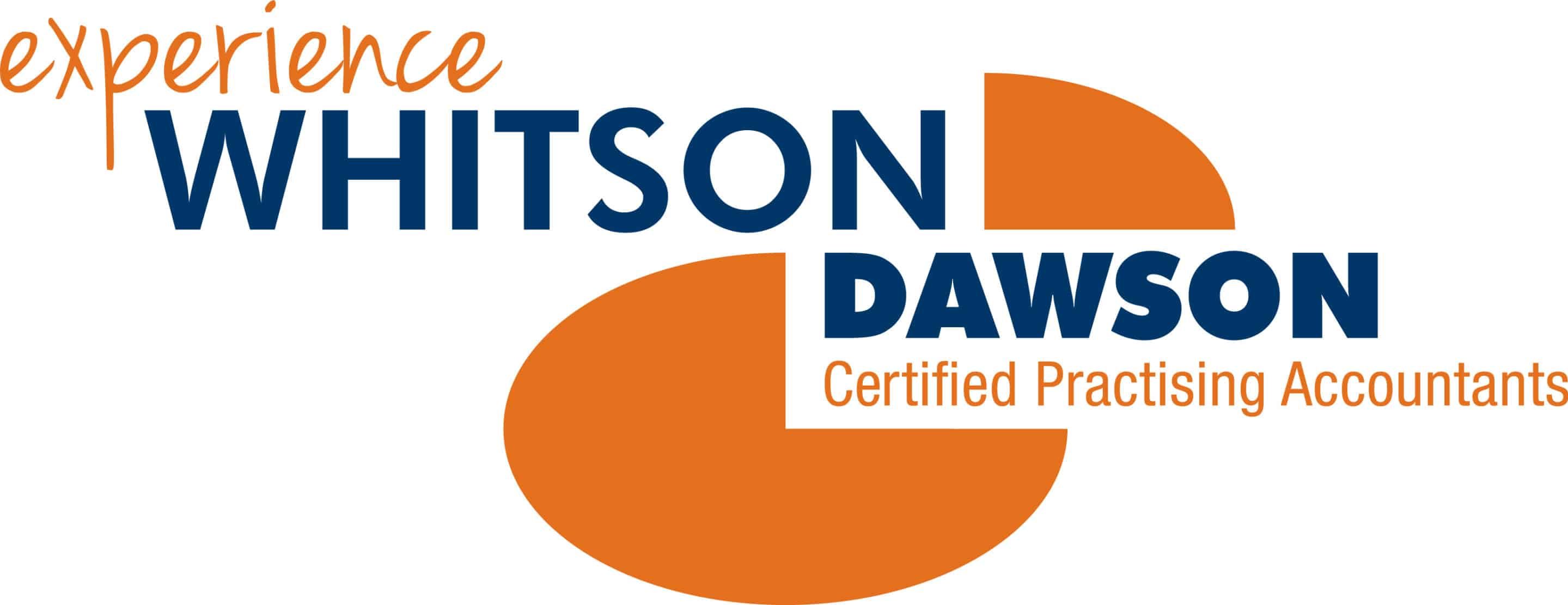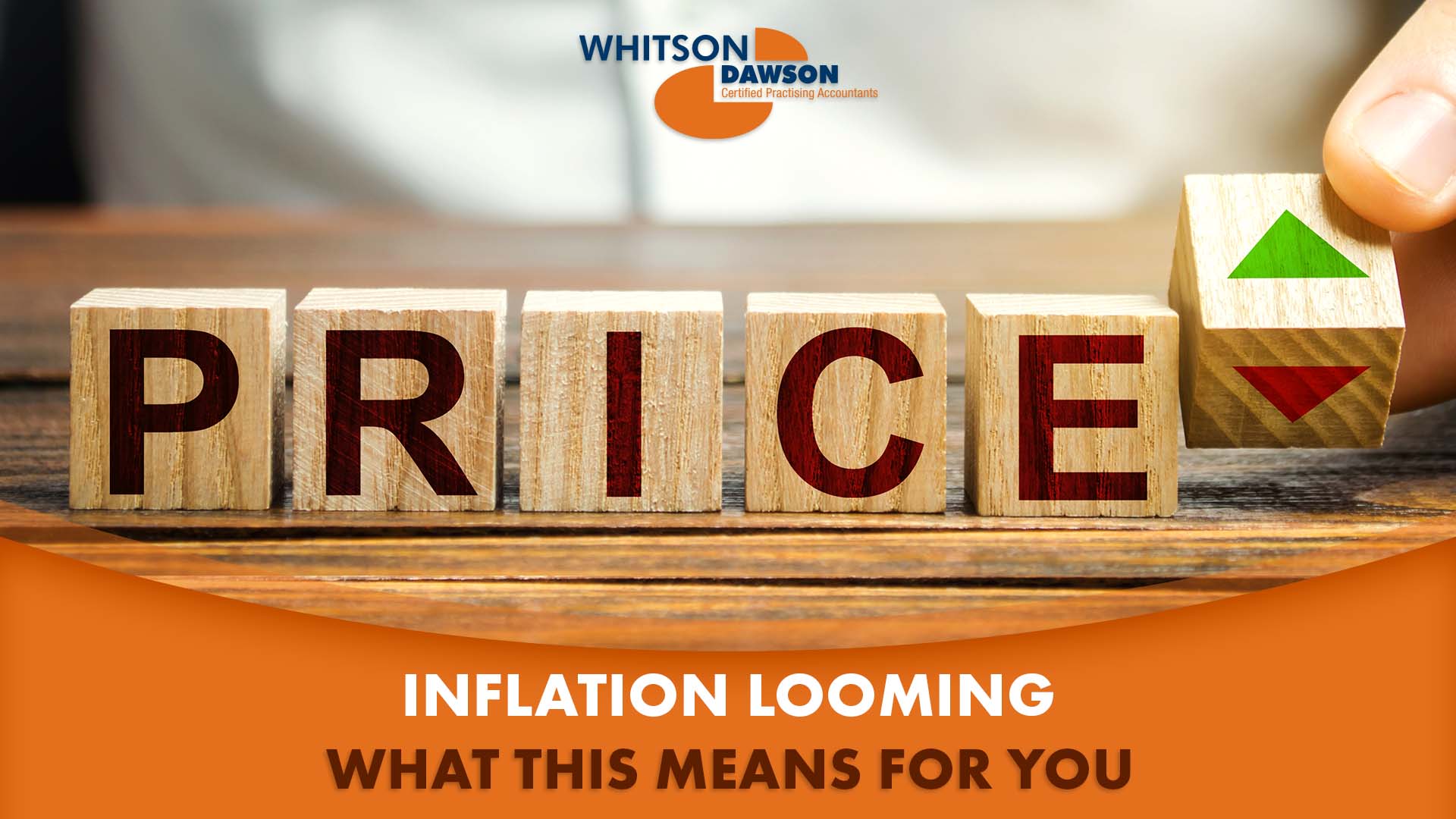We have all seen the news that inflation is set to skyrocket. Many of us are waiting nervously to see what this means, not just for our personal lives but also our business lives. With the prospect of inflation looming, now is the time to start getting ready by assessing how and where it will impact us.
If you are a business owner, making an appointment with your accountant will help you to settle any uncertainties and best prepare for what lies ahead. For many businesses it’s not possible to just wait and see what happens, it’s a matter of acting now and being prepared for the worst-case scenario. When businesses generally think of inflation, they go straight to passing the costs onto the customer with price increases. While we will most likely see this happen, there are other factors to consider as you can’t rely on price increases alone.
Your accountant can work with you to assess and review your business structure, procedures and suggest changes where needed. They can also review your budget and start cashflow forecasting, which are both key to managing the rising costs.
Many people may also rely on work-related deductions to bring them out on top each financial year and many may be gathering their receipts ready for tax time in a few months in the hope to get some extra cash in the back pocket.
This may not be the case in the coming financial year.
Lately we are all shedding a few tears when we take a visit to the bowser, as fuel prices have dramatically increased in the last few weeks. If you are a person that claims work-related deductions, you might start thinking that you will not get much in return.
Last week the ATO announced that they would increase the deduction from 72 cents to 75 cents per kilometer, for the 2022-2023 financial year. This increase now has experts questioning if 3 cents is really going to have an impact with the cost of fuel predicted to continue to rise.
But what does this mean for you? If you are a person that claims kilometers, 75 cents per kilometer may not get you out in front. It really depends on how fuel efficient your vehicle is. The cents-per-kilometer method has always been the most popular due to the sheer simplicity of it.
But it is now being advised that switching to the logbook method of claiming can help to cover costs accordingly and be better off for you and your pocket in the long run. The logbook method can certainly be more demanding as it involves maintaining records on all the vehicle costs, from acquisition to depreciation.
Speak to your accountant about starting the logbook method and they can help you make sense of the process.
In a few days’ time, the federal budget will be announced, this will include details about a one-off payment to help ease the cost-of-living pressures. However, we cannot rely on this alone and the government’s economic support will be temporary therefore more planning will be required by individuals and businesses for the future.
Talking with an accountant is going to be the best way to get the correct information and tips on how you can best manage the rising costs.
Our friendly team are here to help and can develop a plan that is tailored to you and your business needs.
Simply phone the office on (07) 4957 2985 or email business@whitsondawson.com.au
Remember, managing your finances doesn’t have to be stressful! We’re here to help.
Until next time,
Whitson Dawson – Your local accounting experts







Recent Comments